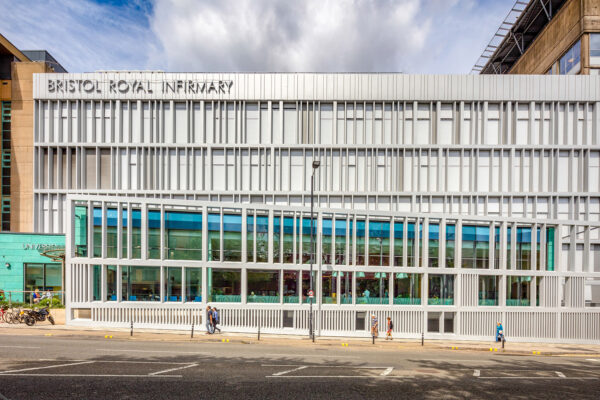
COVID-19 has overwhelmed all health-care systems, but few were as ill prepared as the British.
The National Health Service (NHS) has almost 100,000 job openings, including close to 40,000 for nurses.
The pandemic exacerbated the shortages; because doctors and nurses contracted the virus or quit in exhaustion while demand for health care went up.
Nonessential procedures were delayed. To clear the backlog, and return to the maximum waiting time of eighteen (!) weeks for treatment, the NHS would need an extra 18,000 nurses on top of the 40,000 it is looking to hire anyway.
Enough money
With a staff of 1.3 million, the NHS is Britain’s largest employer. It has struggled to attract personnel. Between 2011 and 2021, the workforce grew 20 percent. The annualized rate has slowed to 16 percent since.
Britain’s exit from the European Union didn’t help. 9 percent of doctors and 5.5 percent of nurses are EU nationals.
Money is only part of the problem. Britain spends about the same share of its GDP on health care as other European countries: 10 percent. Only Austria, Belgium, France, Germany, the Netherlands and Sweden spend more.
In terms of health-care spending per capita, Britain is also in the top tier. It spent $5,270 per person on health care in 2020, about the same as Belgium, Canada and France. Countries that spend significantly more are Germany, the Netherlands, Norway, Switzerland and the United States.
Worse outcomes
Yet with that money, Britain achieves worse outcomes. It has 281 medical professionals for every 100,000 residents, which puts it in the league of Slovakia. Britain has relatively fewer nurses and fewer hospital beds than other rich countries. Six million patients are on a waiting list for treatment. 300,000 have been waiting for over a year.
The problem is that health care in the United Kingdom is a centralized bureaucracy that does not reward cost-cutting, but saps initiative; does not treat patients with compassion and professionalism, but treats them as numbers.
Those aren’t my words. They’re the NHS ombudsman’s — from ten years ago.
His dire warnings did not lead to systemic change. The British still cherish the NHS as if it were the best health-care system in the world, but the people who work in it know better. 14,000 nurses quit between April and September of last year, an increase of 25 percent from the year before. In the Commonwealth Fund’s annual comparison of health-care systems, the UK ranks well on access and equity (because it is free at point of care and the same for everyone), but among the worst in terms of health outcomes.
A better way
Countries like the Netherlands and Switzerland do better not because they spend a few hundred dollars more per person. It’s because their health-care systems are radically different.
The Dutch abolished their version of NHS in the early 2000s, when they had tired of shortages and waiting lists. The Netherlands moved to a mixed public-private system in which hospitals are publicly owned but independently operated and insurance is private but regulated and subsidized. The Dutch government sets prices for insurance and pharmaceuticals each year. Costs are controlled by negotiations between health-care providers and insurance companies.
The Swiss have a similar system.
Pre-COVID, waiting lists in the Netherlands had almost disappeared. Patients gave the health care they received an 8 out of 10.
Britain can keep throwing money at a failing system. Or it can learn from its peers, get over its pathological fear of “private” health care and join the best in the world.
